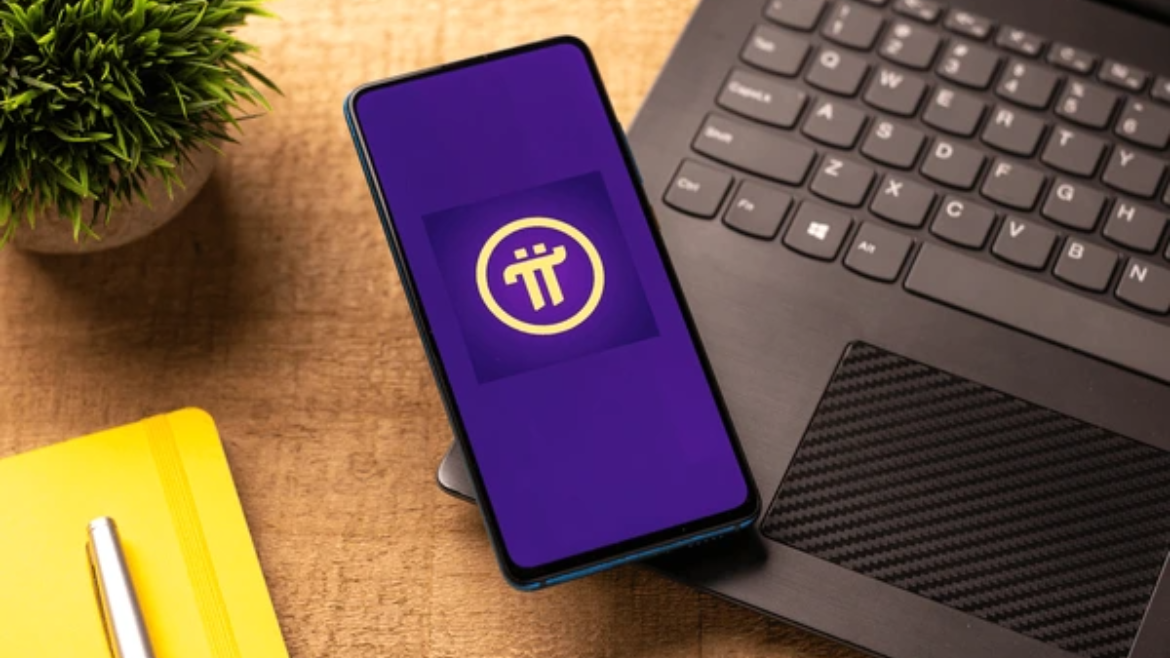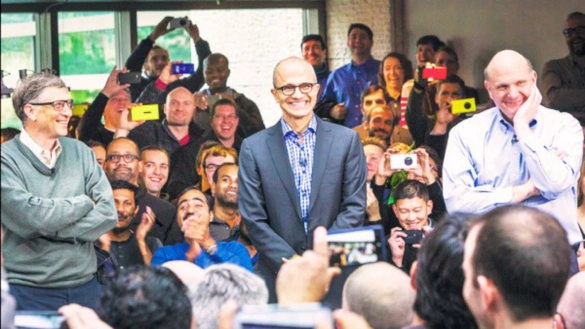A Wake-Up Call
The digital revolution made our lives easier, but it introduced new threats. Among the most dangerous threats is the Russian hacker amorphous group lurking in the cyberworld that could breach high-level accounts and cause widespread damage.
Understanding Russian Hackers
1) Who Are Russian Hackers?
Russian hackers are very diverse and range from state-sponsored operatives to organized crime syndicates and freelance cybercriminals. Their motivations vary widely:
Government-Backed Hackers
These hackers work under government directives, often targeting foreign entities for political or economic gain.
Criminal Organizations
Groups like Evil Corp operate independently, focusing on ransomware attacks and financial fraud.
Freelance Hackers
Skilled individuals who work on a contract basis or independently for personal gain.
2) Notable Russian Hacking Groups
Several Russian hacking groups have made it infamous for its campaigns:
APT28 (Fancy Bear)
Its activities include interfering in elections and hacking government agencies of NATO countries.
APT29 (Cozy Bear)
Known to engage in spying against governments and corporate bodies.
REvil and Conti
Specialists in ransomware, holding companies at gunpoint to exact ransom running into millions.
Methods Behind the Mayhem
1) Elegant Phishing Scams
Phishing has been around long enough, that hackers utilize it for the victim's sensitive information. Advanced ways of this are:
Spear Phishing
Extremely customized messages seem to be from known contacts
Clone Phishing
Using legitimate emails or messages with malicious links
3) WhatsApp exploitation
The use of WhatsApp for personal or business communication makes it one of the top spots hackers target. Attackers exploit:
Fake Account Alerts Sending messages, falsely stating that your account has been compromised.
Media File Jacking Hijacking files such as images or videos to introduce malware into devices.
4) Exploiting Zero-Day Vulnerabilities
Zero-day vulnerabilities are undiscovered software flaws. Russian hackers frequently exploit these to:
Gain unauthorized access.
Install spyware or ransomware.
Evade detection for extended periods.
5) Social Engineering Attacks
Social engineering is psychological manipulation designed to trick people into divulging confidential information. Techniques include:
Impersonating authority figures or trusted individuals.
Creating a sense of urgency to prompt quick action.
WhatsApp: A Hotspot for Scams and Hacks
With more than two billion users, WhatsApp is a goldmine of information. Hackers understand that it is a platform for private conversations, business deals, and financial exchanges; hence they target it.
1) Common WhatsApp Scams
Verification Code Scams:
Hackers ask for verification codes saying they need access to their accounts.
Prize Fraud
False messages claiming users have won prizes to entice them into revealing personal details.
Impersonation
Impersonating friends or family members to extract money or sensitive information.
2) How WhatsApp Accounts Get Compromised
The methods most often used include:
Weak Passwords
Simple passwords allow hackers to easily get into accounts
SIM Swapping
The hackers take over the user's phone number so they can reset passwords of account settings
Malware
The hackers email or IM malicious links or files to seize control of accounts
Broader Implications
1) High-Level Targets and Why They Matter
High-ranking official's accounts those of politicians, CEOs, or diplomats are most appealing because:
They hold confidential and strategic information.
They open access to high network ranges.
They present opportunities for blackmailing or extorting money.
2) Impact on Global Stability
The breakout outcome has spread far:
Political Disturbance
The leaked information causes government instability or alters the election process.
Economic Losses
Companies incur losses in terms of finances, reputation, and operational time.
Social Trust
Betrayal chips away at trust in digital platforms; which in turn hampers the utilization as well as expansion of these platforms.
How Russian Hackers Stay Ahead
1) Constant Innovation
Hackers are always innovating. From creating new malware to exploiting the latest vulnerabilities, they are ahead of cybersecurity measures.
2) Collaboration and Resource Sharing
Russian hacking groups often share resources, techniques, and tools, making a huge and efficient network.
3) Leveraging AI and Machine Learning
Using AI, hackers automate attacks, identify vulnerabilities faster, and avoid detection more effectively.
How to Safeguard the Digital World
1) Strengthening WhatsApp Security
Enable Two-Factor Authentication (2FA)
Provides a second layer of security.
Beware of Links and Attachments
Don't click on anything suspicious.
Keep the App Updated
Ensure you have the latest security features.
2) General Online Safety
Strong Passwords
Use different passwords for each account.
Secure Connection
Don't use public Wi-Fi for sensitive transactions.
Regular Backups
Keep your data safe from ransomware attacks by keeping regular backups.
3) Awareness and Education
Stay abreast of the latest scams and learn to identify phishing attempts and other malicious activities.
The Governments and Corporations
1) Government Activities
Governments have to take the initiative in:
Enforcing stiff cybersecurity standards.
Investing in more advanced technologies for cyber safety.
International cooperation to combat global cybercrime.
2) Corporate Accountability
Corporations must also ensure user security by:
Keeping the systems updated.
Training employees.
Transparency in its breach situation.
The Future: What's Next in Cyber Safety
1) Growing threats
As technology becomes more advanced, new vulnerabilities become apparent. Of particular concern include:
Cloud Security
Massive data breaches can occur with cloud platforms.
IoT Devices
Smart devices can be exploited as entry points for hackers.
Biometric Authentication
Even high-end security mechanisms such as fingerprint authentication can be compromised.
How Technology Can Help
AI and machine learning will contribute to the solution in the following ways:
Attack prediction before their occurrence.
Automation of response strategies.
Strengthening of system defenses against complex threats.
Conclusion
Russian hackers how the same world has now allowed such persons to break through to high-level accounts is chilling, because one learns only afterwards. What we learn is how one might prevent his own or protect the institutions where one lives from this sort of penetration. In a sense, cybersecurity is shared by all nations, governments, and corporations, but more fundamentally between and among ordinary individuals.
Frequently Asked Questions
How do I know if someone has hacked into my WhatsApp?
Look for unusual activity, such as messages you didn't send or changes in your account settings.
What if I receive a suspicious message on WhatsApp?
Do not click on any links, and report the message to WhatsApp.
Does encryption protect WhatsApp from hacking?
Encryption protects your messages, but it cannot protect against phishing attacks or other kinds of unauthorized access.
Are government-backed hackers more dangerous?
Yes, because they often have important resources and advanced tools for large-scale attacks.
How often should I update my devices to ensure that security is maintained?
You should update your devices and apps once updates become available















0 Comments